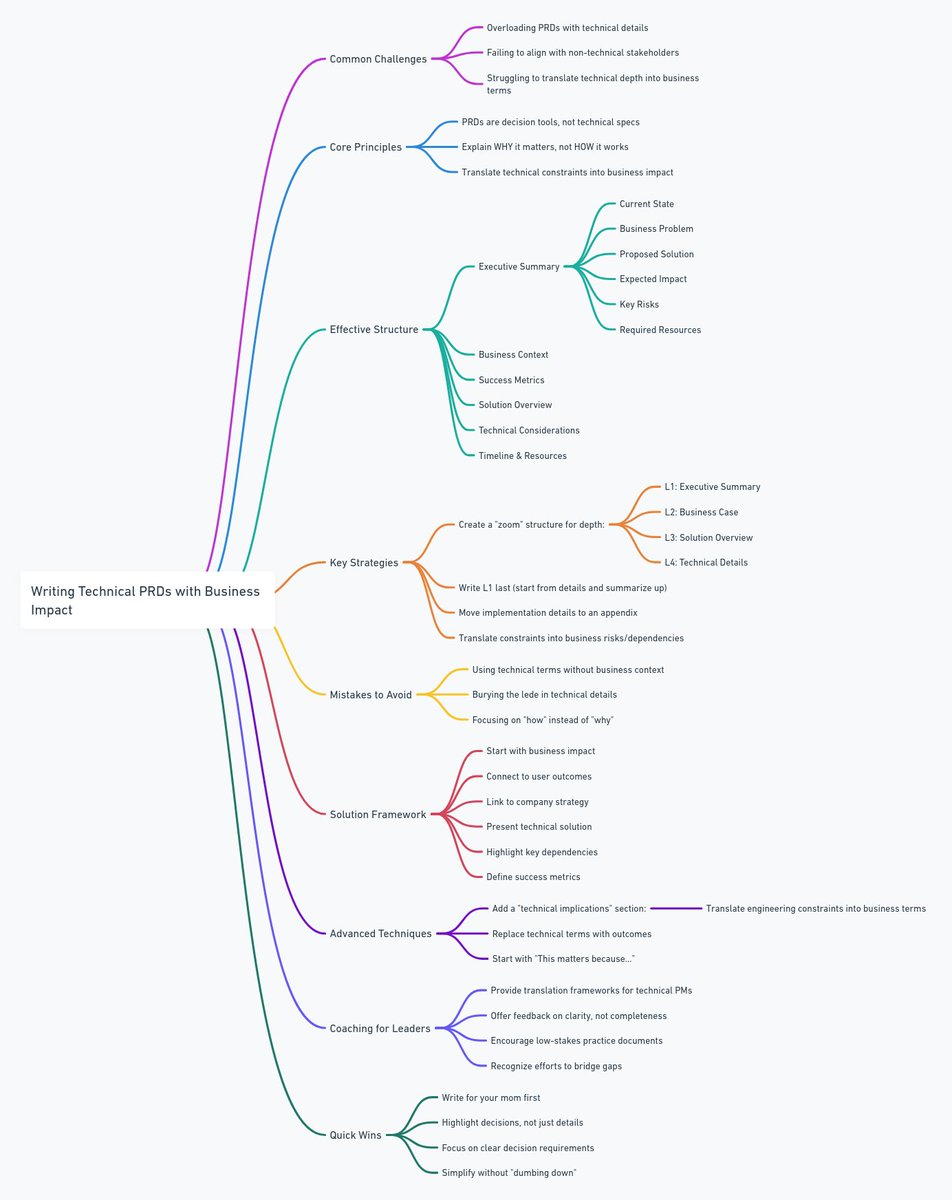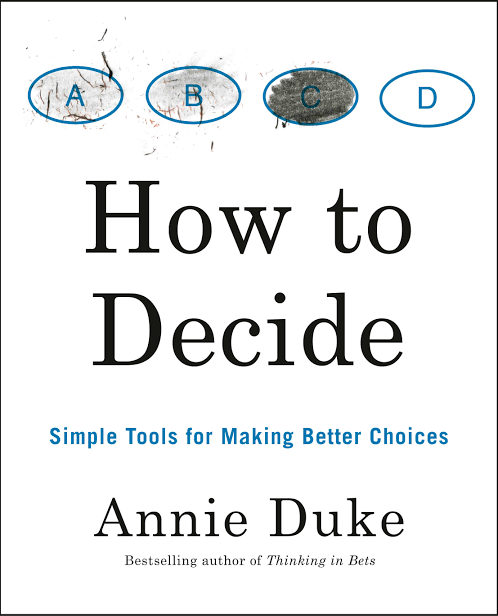Most PMs burn out... Not from overwork, but misalignment.
They thought they'd build great products.
Instead: endless stakeholder alignment and decks.
After 100+ PM interviews and 200+ JD analyses, I decoded the hidden red flags.
I'll teach you in 5 minutes what took me years:
They thought they'd build great products.
Instead: endless stakeholder alignment and decks.
After 100+ PM interviews and 200+ JD analyses, I decoded the hidden red flags.
I'll teach you in 5 minutes what took me years:
"Strategic thinking" isn't what you think it is
Most PMs assume strategic work means:
• Vision creation
• Market analysis
• Product direction
Most PMs assume strategic work means:
• Vision creation
• Market analysis
• Product direction
But in 70% of companies, "strategic" work actually means:
• Creating alignment decks
• Navigating organizational politics
• Endless stakeholder meetings
• Minimal building, maximum presenting
Test: Ask "What percentage of strategic work involves creating vs. communicating?"
• Creating alignment decks
• Navigating organizational politics
• Endless stakeholder meetings
• Minimal building, maximum presenting
Test: Ask "What percentage of strategic work involves creating vs. communicating?"
"Strong cross-functional collaboration skills" seems positive.
Reality check: This often signals broken company processes.
Translation:
• Matrix environment = competing priorities from multiple bosses
• "Influence without authority" = constant persuasion battles
• "Relationship-driven" = politics trump data
When you see these phrases, dig deeper during interviews.
Reality check: This often signals broken company processes.
Translation:
• Matrix environment = competing priorities from multiple bosses
• "Influence without authority" = constant persuasion battles
• "Relationship-driven" = politics trump data
When you see these phrases, dig deeper during interviews.
"Innovation champion" sounds exciting to creative PMs.
But without specific examples, it's a red flag.
The innovation euphemisms decoded:
• "Thought leadership" → Creating presentations, not products
• "Disruptive thinking" → Ideas filtered through committees
• "Innovation hub" → A lab disconnected from actual products
Ask: "Can you show me the last three innovative features shipped?"
But without specific examples, it's a red flag.
The innovation euphemisms decoded:
• "Thought leadership" → Creating presentations, not products
• "Disruptive thinking" → Ideas filtered through committees
• "Innovation hub" → A lab disconnected from actual products
Ask: "Can you show me the last three innovative features shipped?"
"End-to-end ownership" is the most dangerous phrase in PM job descriptions.
It often means:
• Responsibility without authority
• Success metrics but insufficient resources
• Blame for failures outside your control
It often means:
• Responsibility without authority
• Success metrics but insufficient resources
• Blame for failures outside your control
Real ownership signals:
• Decision-making authority
• Direct access to developers
• Control over prioritization
• Decision-making authority
• Direct access to developers
• Control over prioritization
"Self-directed work" rarely means true autonomy.
Watch for these contradictions:
• "Self-directed within our framework" → Following rigid processes
• "Entrepreneurial mindset" → Working harder, not differently
• "Empowered decision-making" → Within narrow parameters
Watch for these contradictions:
• "Self-directed within our framework" → Following rigid processes
• "Entrepreneurial mindset" → Working harder, not differently
• "Empowered decision-making" → Within narrow parameters
"But I can't be picky in this market"
Here's the truth: Wrong-fit roles cost you 18-24 months of career progression.
Being selective now prevents costly detours.
The wrong role is WORSE for your career than waiting for the right fit.
Here's the truth: Wrong-fit roles cost you 18-24 months of career progression.
Being selective now prevents costly detours.
The wrong role is WORSE for your career than waiting for the right fit.
"I don't have enough experience to question the job description"
Actually, asking clarifying questions shows diligence, not inexperience.
Good companies RESPECT candidates who do due diligence.
These questions will make you stand out as thoughtful.
Actually, asking clarifying questions shows diligence, not inexperience.
Good companies RESPECT candidates who do due diligence.
These questions will make you stand out as thoughtful.
Your practical decoding cheatsheet:
• Count the verbs: More "communicate/align/coordinate" than "build/create/ship" is revealing
• The time allocation test: "In a typical week, what percentage of time is spent in meetings vs creating?"
• Count the verbs: More "communicate/align/coordinate" than "build/create/ship" is revealing
• The time allocation test: "In a typical week, what percentage of time is spent in meetings vs creating?"
• The shipping evidence: "What were the last three features shipped and how long did they take?"
• The decision test: "Can you walk me through a recent product decision - who had input and who made the final call?"
• The decision test: "Can you walk me through a recent product decision - who had input and who made the final call?"
The bottom line: Your happiness as a PM comes down to the gap between expectations and reality.
Learn to decode the language now, and you'll avoid the frustration that drives so many talented PMs out of roles after just 6-12 months.
What other red flags have you noticed in job descriptions? Share below!
Learn to decode the language now, and you'll avoid the frustration that drives so many talented PMs out of roles after just 6-12 months.
What other red flags have you noticed in job descriptions? Share below!
• • •
Missing some Tweet in this thread? You can try to
force a refresh







